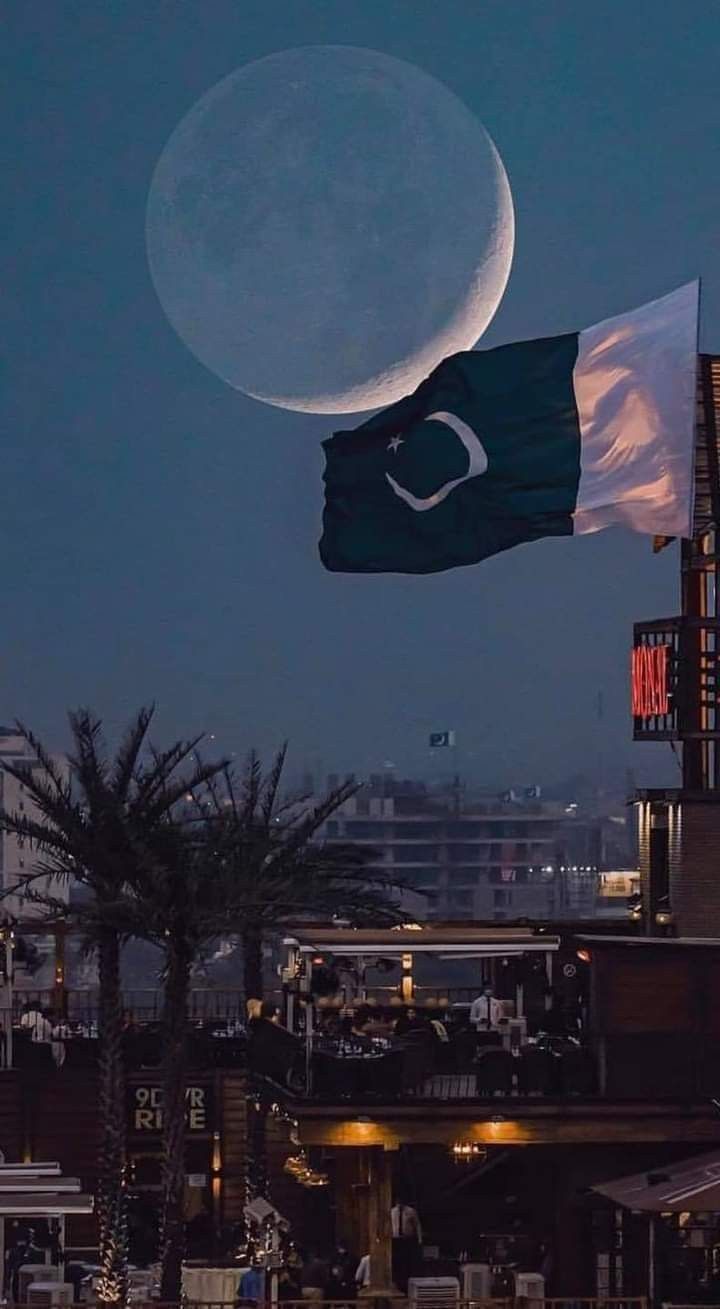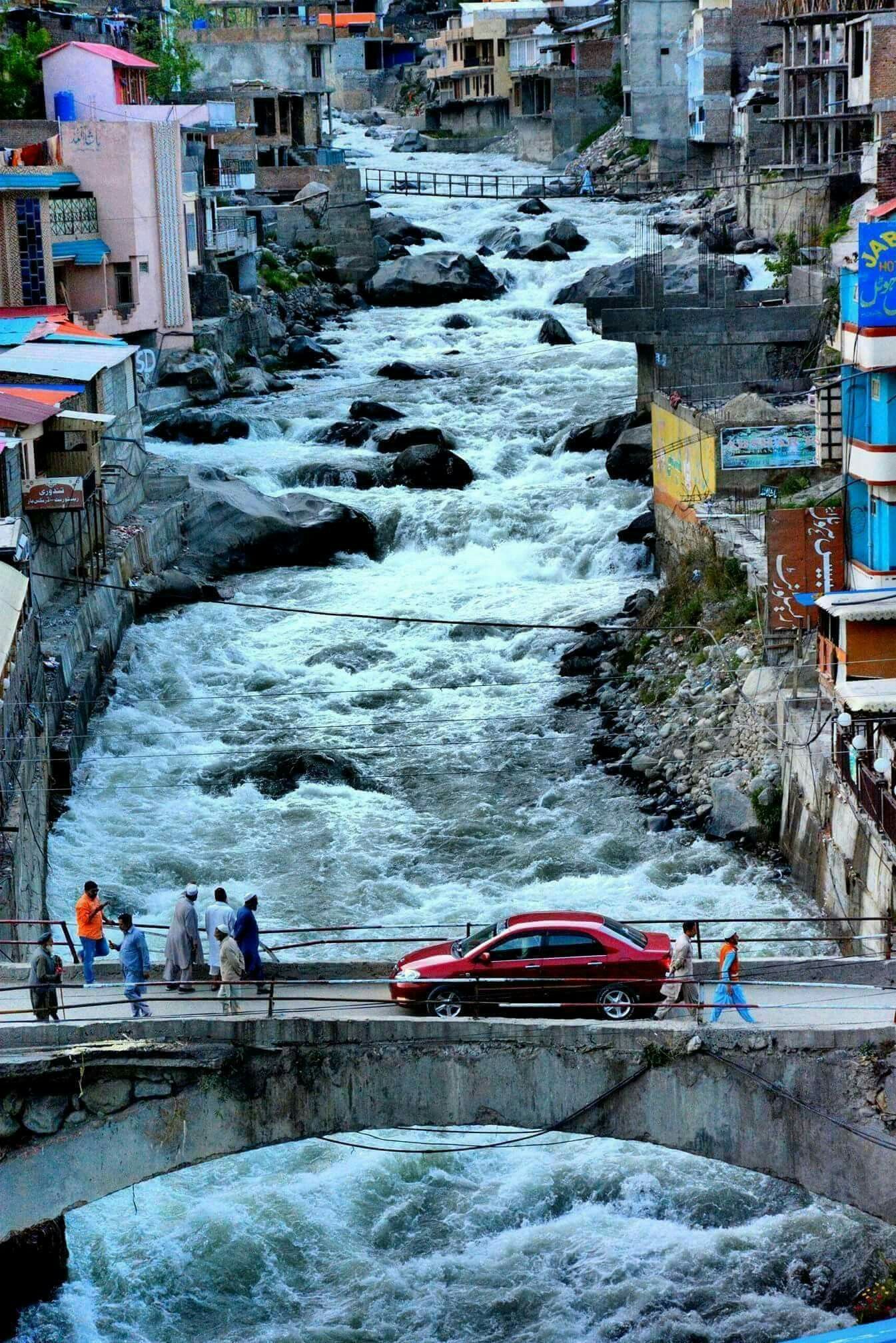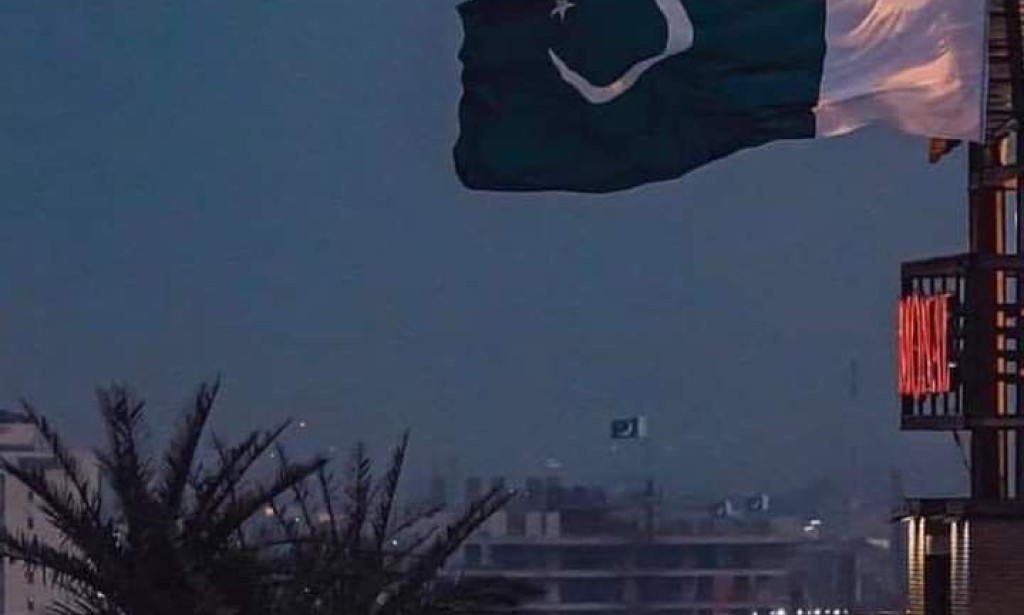PATRIOTISM AND PAKISTAN
Introduction:
Patriotism is the feeling of love, loyalty, and devotion toward one's country. It is the sense of duty towards one's nation, culture, and values. Pakistan is a country that has a rich culture, history, and tradition. It is a country that is blessed with natural resources and diverse people. In this article, we will explore the importance of patriotism in Pakistan, how it is celebrated, and how it is intertwined with the country's culture and history.
History of Pakistan:
Pakistan was formed on August 14, 1947, when India was divided into two countries: India and Pakistan. The formation of Pakistan was a result of the Pakistan Movement, which was led by Muhammad Ali Jinnah. The Pakistan Movement was a struggle for the Muslims of India to have their own separate homeland. The creation of Pakistan was a historic event, and it is celebrated every year on August 14th as Independence Day.
Importance of Patriotism in Pakistan:
Patriotism plays a vital role in Pakistan's society. It is the sense of responsibility and love towards one's country that motivates individuals to work towards the betterment of the nation. Patriotism in Pakistan is not just a feeling; it is an action. It is the actions of the people that have made Pakistan a resilient nation that has faced and overcome many challenges.
Patriotism is especially important in Pakistan because the country is facing several challenges, including poverty, terrorism, corruption, and social inequality. To overcome these challenges, the people of Pakistan need to work together, and patriotism can be the glue that binds them. It is the shared love for their country that can motivate individuals to work towards a common goal.

Celebrating Patriotism in Pakistan:
Patriotism is celebrated in Pakistan in many ways. The most significant celebration is on August 14th, which is celebrated as Independence Day. On this day, the people of Pakistan come together to celebrate their independence and show their love for their country. The celebrations include flag-hoisting ceremonies, parades, and cultural programs. The streets are decorated with green and white flags, and people wear green and white clothes to show their patriotism.
Apart from Independence Day, other national events like Pakistan Day, Defense Day, and Quaid-e-Azam's birthday are also celebrated with great fervor. These events provide an opportunity for the people of Pakistan to come together and show their love for their country.
The Role of Education in Promoting Patriotism:
Education plays a critical role in promoting patriotism in Pakistan. The education system in Pakistan should emphasize the importance of patriotism and teach students about the country's history, culture, and values. It should instill a sense of pride in the students about their country and motivate them to work towards its betterment.
The education system should also teach students about the sacrifices of the people who fought for Pakistan's independence. It should highlight the importance of hard work, honesty, and dedication toward the betterment of the country. Students should be encouraged to participate in community service programs and other activities that promote patriotism.
Patriotism and National Unity:
Patriotism is closely linked to national unity. It is the feeling of love and loyalty towards one's country that unites people from diverse backgrounds. In Pakistan, national unity is crucial because of the country's diverse population. Pakistan is home to people from different ethnic, linguistic, and religious backgrounds. To promote national unity, the people of Pakistan need to embrace their diversity and work towards a common goal.
Patriotism refers to the love, loyalty, and devotion one has for their country. In Pakistan, patriotism is often expressed through the celebration of national holidays, such as Independence Day (August 14) and Pakistan Day (March 23), as well as through displays of the national flag and the singing of the national anthem.
National unity, on the other hand, refers to the idea of all citizens coming together as one, regardless of their differences in ethnicity, religion, or culture, to work towards the common good of the nation. In Pakistan, national unity has been a challenge due to its diverse population, with people from different ethnic and linguistic backgrounds, as well as different sects of Islam.
To promote patriotism and national unity, the Pakistani government and civil society organizations have taken various initiatives. For example, the government has created programs to teach children about the country's history, culture, and values, while civil society organizations have organized events to bring people from different backgrounds together to celebrate their diversity and promote harmony.
However, there have also been challenges to promoting patriotism and national unity in Pakistan. Political instability, corruption, and sectarian violence have undermined efforts to create a cohesive national identity. Additionally, there are ongoing tensions between different ethnic and religious groups, which have sometimes resulted in violence.
Overall, while patriotism and national unity are important values in Pakistan, there are ongoing challenges to promoting these values and creating a cohesive national identity.

The Role of Media in Promoting Patriotism:
The media plays a significant role in promoting patriotism by shaping public opinion and fostering a sense of national identity and unity. Through various forms of media, including news, entertainment, and social media, the media can influence how people perceive their country, its values, and its role in the world.
One of the ways the media promotes patriotism is by highlighting positive aspects of the country, such as its achievements, culture, history, and traditions. News outlets can report on inspiring stories of individuals and communities who embody the country's values and contribute to its progress. Documentaries, movies, and TV shows can celebrate the country's diversity and highlight its unique features and achievements.
Another way the media can promote patriotism is by fostering a sense of community and belonging among citizens. Social media platforms, for example, can bring people together by providing a platform for sharing experiences, opinions, and common interests. The media can also encourage civic engagement and participation in national events and celebrations, such as elections, Independence Day, and Veterans Day.
However, it's important to note that patriotism can have both positive and negative effects. While promoting love and devotion to one's country can foster a sense of unity and cooperation, it can also lead to intolerance and nationalism. The media should, therefore, strive to promote critical thinking and open dialogue, encourage diversity and inclusion, and avoid promoting a narrow and exclusionary view of patriotism.
Conclusion
In conclusion, the media can play a vital role in promoting patriotism by shaping public opinion, fostering a sense of national identity and unity, and encouraging civic engagement. However, it's important for the media to strike a balance between promoting positive aspects of the country and avoiding a narrow and exclusionary view of patriotism.


You must be logged in to post a comment.